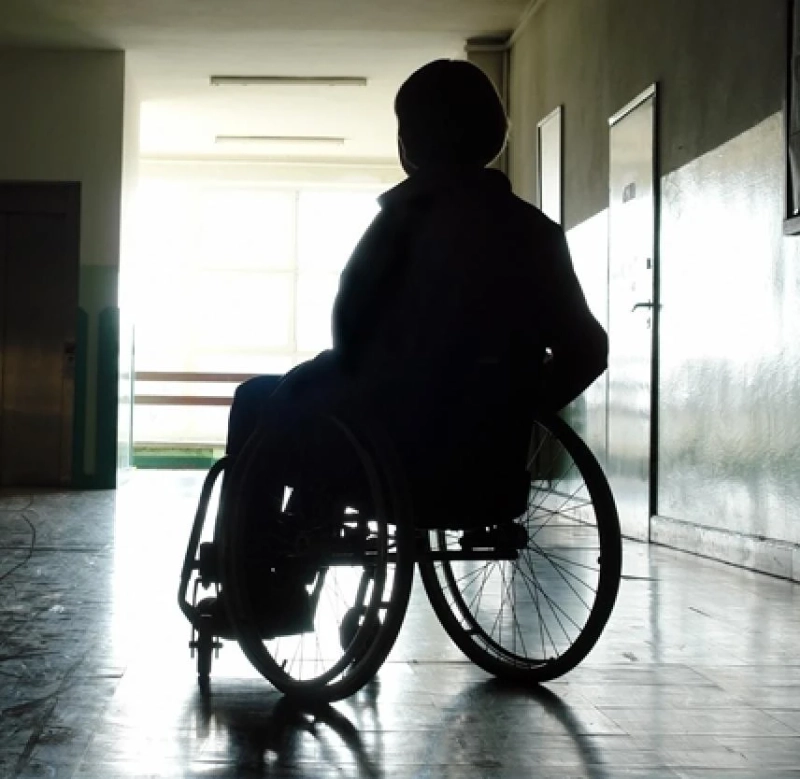Disability is merely one aspect of a person. So, it's essential to allow yourself to view your disability as one component of your life, not the only component. People with disabilities often experience cognitive distortions. In contrast to those with higher self-esteem, those with lower self-esteem are more likely to engage in these thought processes. By identifying and changing this thought process, people with disabilities can enhance their self-perception.
You can start each day with ongoing assistance, a tailor-made lifestyle, and everyday activities thanks to disability service providers in Adelaide. Continue reading to learn more about disability and self-esteem.
What is self-esteem?
Self-esteem is how you view your worth as a person. It may be more positive or more damaging and can always be improved. All you need to do is boost your self-concept. Healthy or more positive self-esteem makes you accept yourself just as you are - and acknowledge both strengths and weaknesses.
Where does self-esteem come from?
Many variables of self-concept influence self-esteem. Lack of confidence does not always equate to incompetence. It can be a distorted set of ideas someone has about themselves. People with disabilities may seek to change their self-image because of how their parents, friends, and society have moulded it.
Why is self-esteem so important?
Positivity toward oneself is everything that constitutes what is known as self-esteem. A good self-concept creates a secure environment; by contrast, insecurity and seeming harm to daily activities control all aspects of life, resulting from a poor or undervalued perception. Thus, improving our self-esteem is of utmost priority.
Many people with disabilities adapt and perpetuate these attitudes as habits, which leads to negative actions. While obtaining specialized assistance, specialized disability service providers in Adelaide also assist you in developing new abilities and interacting with the community.
The Australian government offers funding through the National Disability Insurance Scheme (NDIS) to support persons with severe and permanent disabilities. With this support, people with disabilities can participate in daily activities and develop the skills and capabilities necessary to contribute to their communities. Talk to a licensed NDIS provider today.
Dependency situations can also show a vulnerability that can lead to low self-esteem and, as a result, the establishment of self-destructive attitudes. Complexes are indeed feelings rather than real-life occurrences. They regularly keep us from feeling valuable and advancing, especially in a society like ours where there is so much rivalry.
Tips to improve self-esteem for people with disabilities
Maximize the positives and minimize the negativePrioritize your strengths over your weaknesses. Everyone possesses both strengths and weaknesses. It does not imply that you deny having a disability, but rather that you can feel proud of all the things you can do by concentrating on and honing your skills.
Avoid making irrational analogiesAvoid comparing apples and oranges. Everyone possesses both strengths and weaknesses. For example, a person with a locomotor impairment might not be able to compete in Olympic ice hockey, but they can in Paralympic sledge hockey.
Set yourself some reasonable objectivesSetting high standards for oneself is unjust because everyone has limitations. It may not be logical to assume that you will read anything in the same amount of time as someone who does not have a reading disability. Allow yourself to read the material entirely and treat yourself to something enjoyable to stick with it.
Never generalize too broadlyIt is unfair to assume that you are an overall failure if there is something that your impairment prevents you from doing. There are numerous options available to you. Don't base your entire sense of worth on a single quality or circumstance. For example, you may not be a good cook, but that does not make you a bad person.
Love every aspect of who you areIt entails embracing your disability as well. Even though there can be times when you think it is more frustrating than admirable, try to see the benefits of your impairment. Making a list of your strengths, which includes how your handicap or ways of living with it can be an asset, is one way to do this.
Final Thoughts
Above all else, remember that your best friend is you. Progress, not perfection, is the goal.
The goal is not to hold yourself to impossible standards or to be perfect. You want to position yourself for success rather than failure. Pay attention to what your heart and mind are telling you. Don't let the bad things going on around you overwhelm you. For specialized support that suits your requirements and lifestyle, get in touch with disability service providers in Adelaide.


